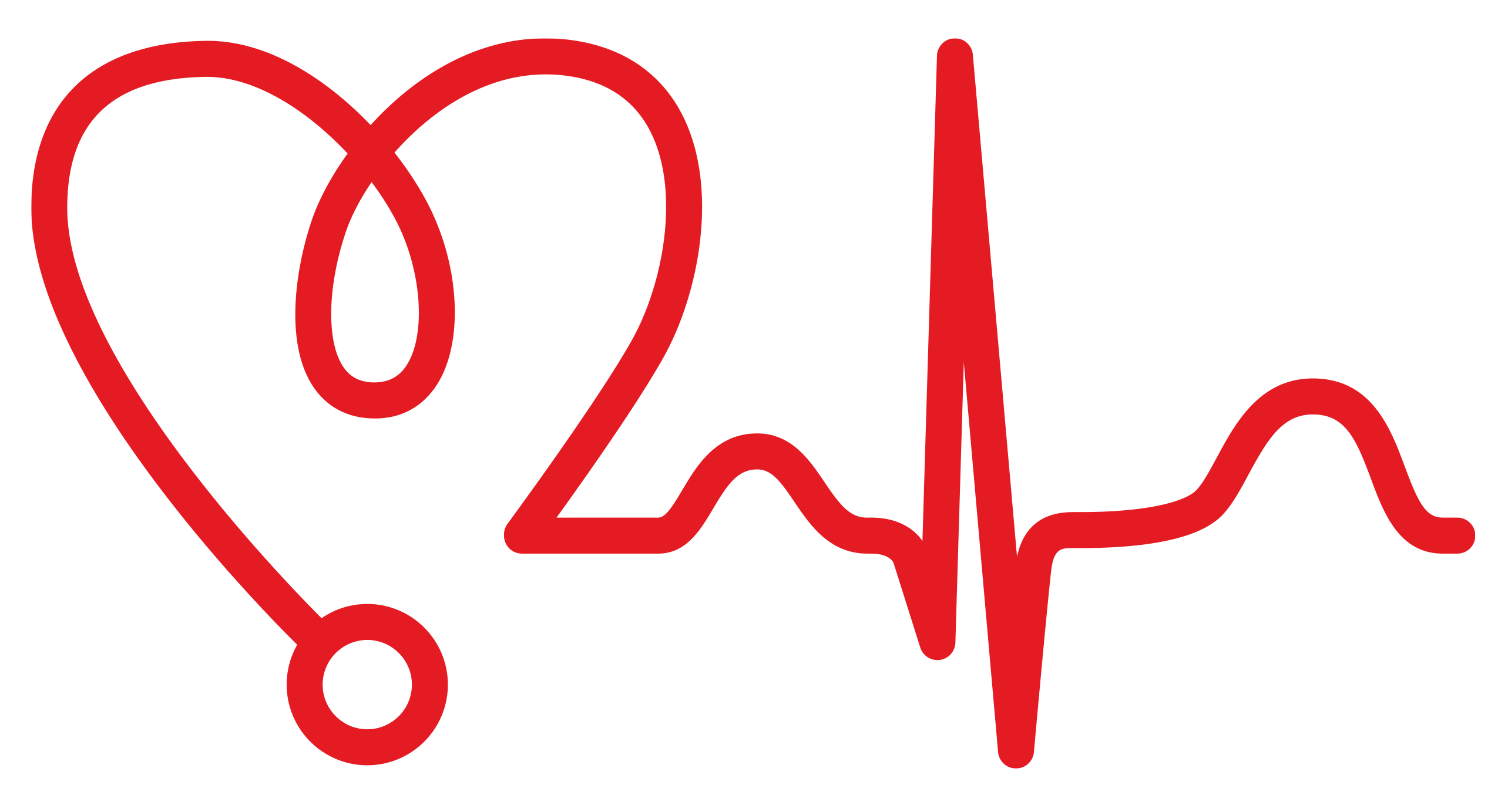


Healthy Mind for a Healthy Heart
The Mental Health and Heart Disease Connection
Imagine that you’ve just had a heart attack. You’re in recovery, shaken up, and you feel like your entire world has changed in an instant. You feel differently about yourself, your loved ones, about life in general.
In other words, heart disease has rocked your world: facing your own mortality can have that effect. Your family tells you it’s normal to feel depressed after an illness or heart attack, and your doctor says it could be a side effect of the medication. All you know is that you can’t seem to shake the feeling. Could it be depression?
Symptoms of depression include:
- Depressed mood
- Inability to enjoy usual activities
- Sleeping too little or too much
- Appetite changes – eating too little or too much, including changes in weight
- Behavior changes– either agitated or sluggish
- Decreased energy (fatigue)
- Sense of worthlessness or guilt
- Difficulty with concentration, indecisive
- Thoughts of suicide or death
So what can you do to reduce your risk?
When looking at people with heart disease, it’s estimated that 20 to 25 percent of all patients in a cardiac care unit are depressed at any given time — and if you also included those with symptoms of mild depression, that number goes up to around 50 percent. See the fact sheet from the National Coalition for Women with Heart Disease on Women, Depression and Heart Disease.
Go to cardiac rehabilitation. If your doctor recommends it, go. If you’re not referred, ask.
Exercise. Exercising is the one thing you can be certain will lift your mood.
Connect with spirituality.
Manage stress and anger. Recognize what arouses your anger and avoid triggers. Look to role models to change your behavior.
Take care of yourself. Drink water, eat healthy, get enough sleep, exercise, pamper yourself somehow, and enjoy the simple pleasures in your life.
Seek help and consider counseling.
Talk with your doctor about anti-depressants.
Survivor Stories
A New Heart and a Chance at Motherhood
Ambracia Jewell, 39, owner of a housekeeping business, married, mother of Briar Lewis Chatman, 3.
The first signs of heart problems came out of the blue, when Ambracia was just a little girl. “I was six and I came down with flu-like symptoms,” she says. “They suddenly worsened and I swallowed my tongue and couldn’t breathe, and I started having seizures. My dad had to perform CPR before they raced me to the hospital.”
A Single Mom’s Shocking Diagnosis
Tahwanda Johnson, 59, retired teacher’s assistant and Navy veteran, mother of two, grandmother of three.
When Tahwanda Johnson was just 35, she had a health scare that would stop anybody in her tracks. “I thought I had mono,” she recalls. “I went to the doctor, and he sent me right to the hospital. Looking back now, I think he probably knew what was wrong and didn’t want to scare me. When I got there, they ran tests and found that my heartbeat was irregular and that they would need to put in a defibrillator. It happened so fast.”
Her Heart Attack Never Happened
Anita Mathews, 63, retired mother of three, grandmother of nine.
It was luck that led Anita Mathews to discover that she had heart disease. “I was in my forties and felt like I was in the healthiest years of my life,” she says. “I was walking two and a half miles a day, five days a week; working a job I loved at a pediatric clinic for children with disabilities and enjoying my first grandchild.” A trip to the doctor to discuss neck surgery for a genetic defect resulted in an EKG that produced startling results: “They found a blockage and sent me to a cardiologist immediately,” says Anita.